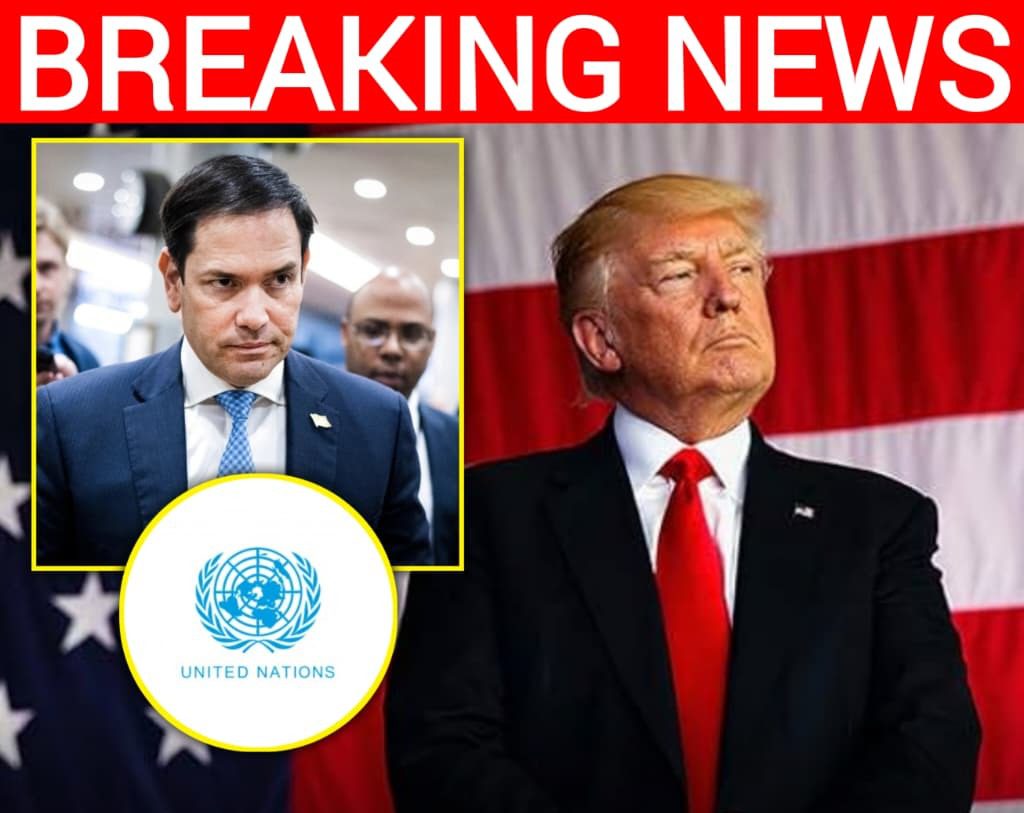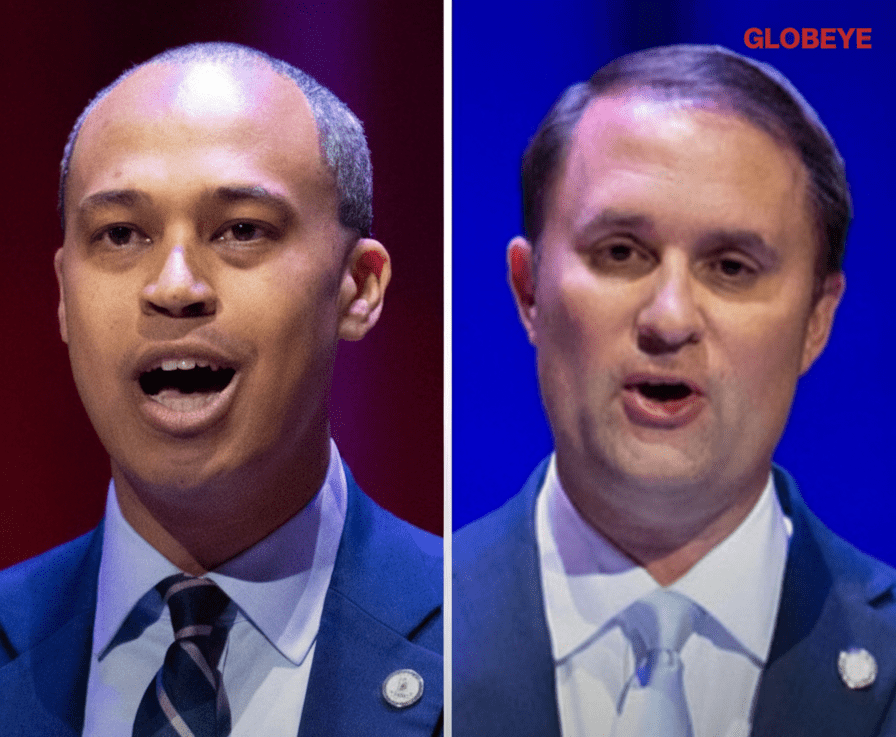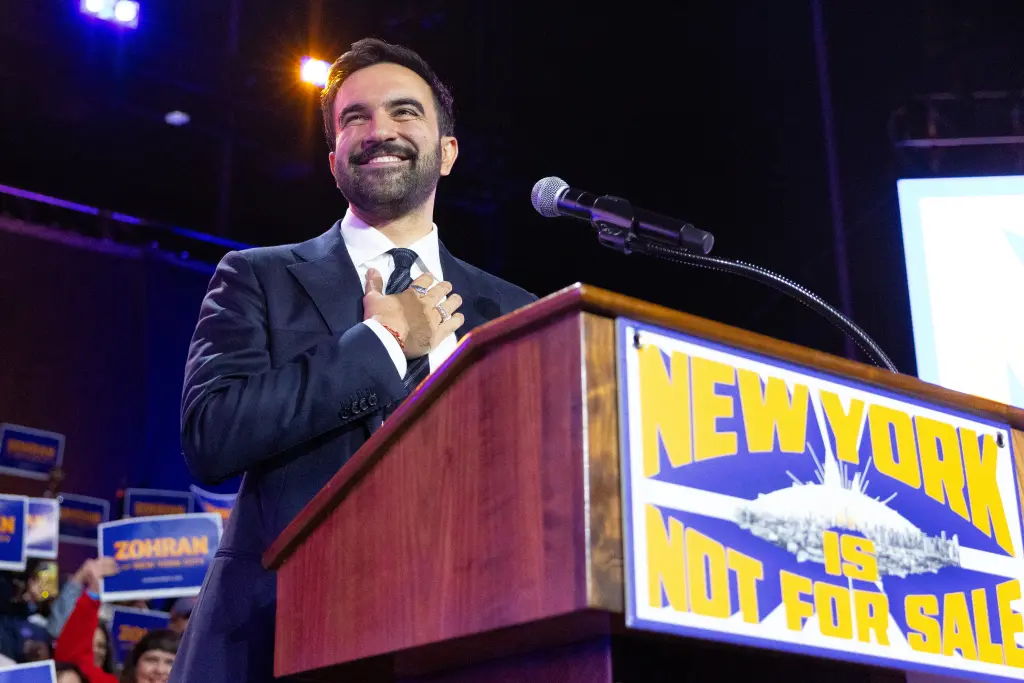The United States Blocks UN Carbon Levy on Global Shipping After Intense Pressure from President Trump and Secretary Marco Rubio — A Massive “America First” Win Against the Climate Tax Agenda
In a stunning diplomatic showdown at the United Nations’ International Maritime Organization (IMO) in London, the United States successfully pushed to delay a global carbon pricing plan for international shipping, marking a major victory for President Donald Trump and Secretary of State Marco Rubio. The proposal, which aimed to impose a levy on carbon emissions from ships starting in 2027, was postponed for at least one year after a majority of member nations voted against its immediate adoption.
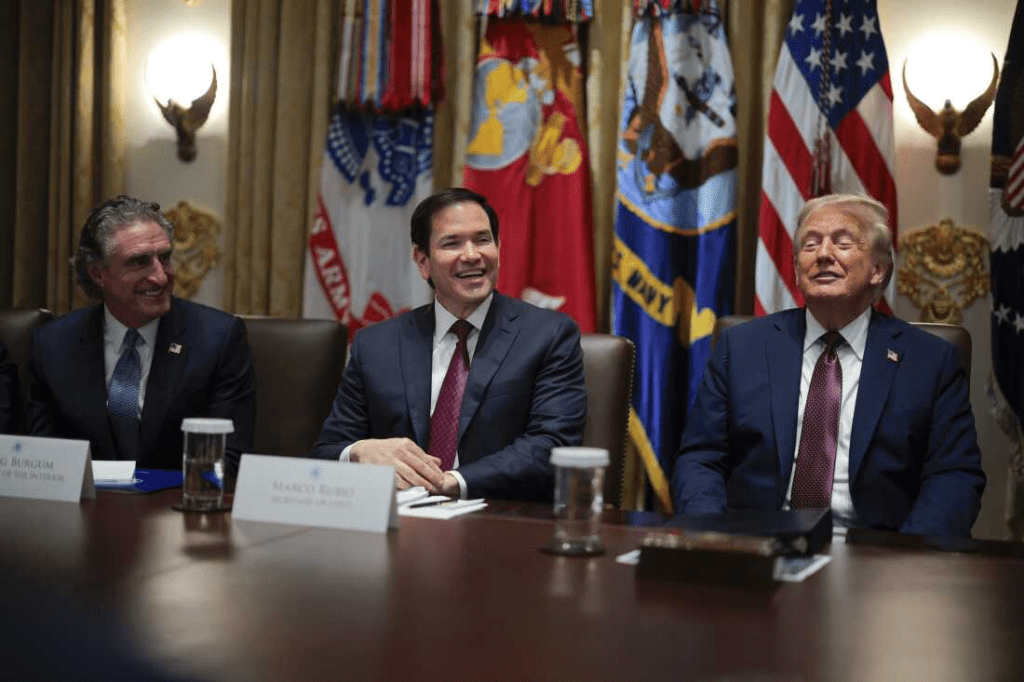
The carbon levy would have been one of the largest international climate measures ever implemented, expected to raise up to $10 billion annually to fund renewable energy and green infrastructure projects worldwide. But American officials argued it was little more than a disguised global tax that would have punished U.S. consumers and businesses by inflating the cost of imports, exports, and everyday goods.
The final vote count told the story: 57 countries supported the delay, 49 opposed it, and 21 abstained. That outcome reflected weeks of high-level lobbying by Washington, including quiet warnings of potential sanctions and visa restrictions on nations that backed the plan. Secretary Rubio confirmed those reports, stating, “The United States prevented a massive UN tax hike on American consumers that would have funded progressive climate pet projects. Our country will continue to lead the way and put America FIRST.”
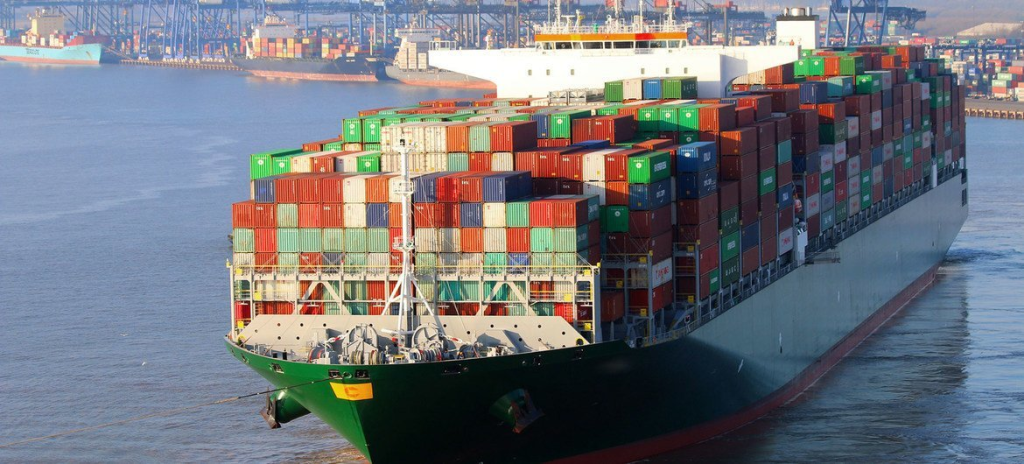
The Trump administration framed the carbon levy as an attack on national sovereignty and economic independence. President Trump celebrated the decision in a social media post, calling it a “huge victory for common sense and American workers.” He emphasized that the United States would continue to support innovation and clean technology but “without letting global bureaucrats tax our people.”
Behind the scenes, U.S. diplomats worked with allies like Singapore, Panama, and several African nations who shared concerns about the impact the levy would have on developing economies. Many of those countries rely heavily on maritime trade and warned that the proposed “green shipping fee” would disproportionately affect smaller economies already struggling with inflation and fuel costs.
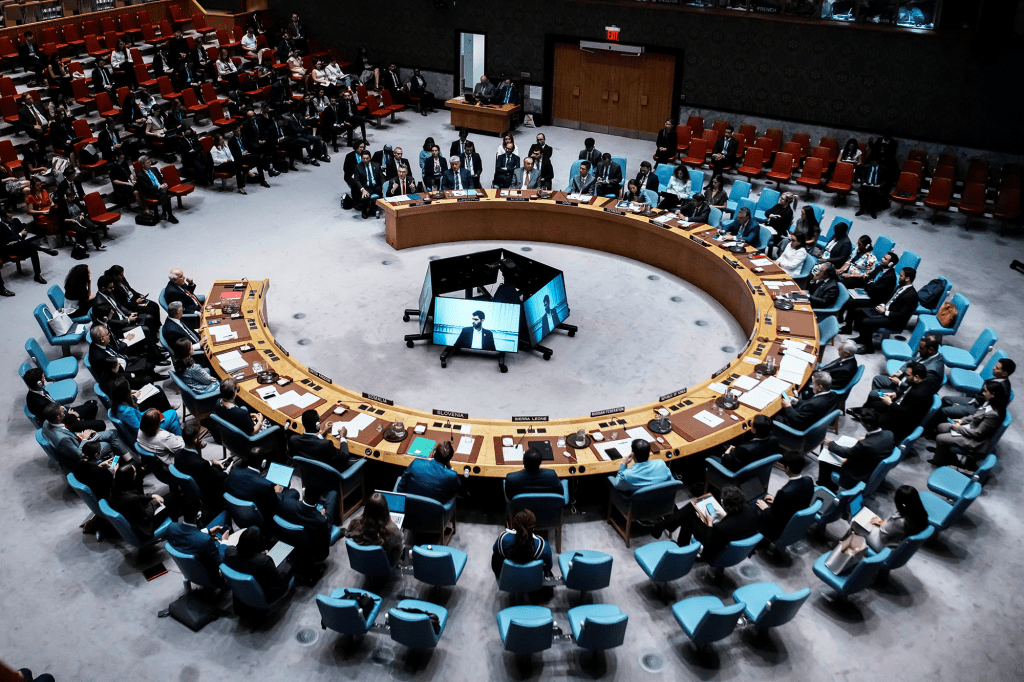
European Union nations and climate advocacy groups, however, expressed frustration at the outcome. They argued that the delay undermines global efforts to curb emissions from the shipping sector, which accounts for roughly 3% of worldwide carbon output. Environmental organizations labeled the U.S. campaign a “setback for climate progress,” claiming that the levy was necessary to fund the transition to cleaner marine fuels and meet net-zero goals.
Still, the Trump administration’s allies saw the result as proof of effective leadership. The “America First” strategy prevailed, echoing the same themes that shaped U.S. energy policy during Trump’s first term — rejecting global taxation schemes while emphasizing domestic production, innovation, and self-reliance. “We will not allow the United States to be the world’s ATM for climate politics,” one senior official said after the vote.
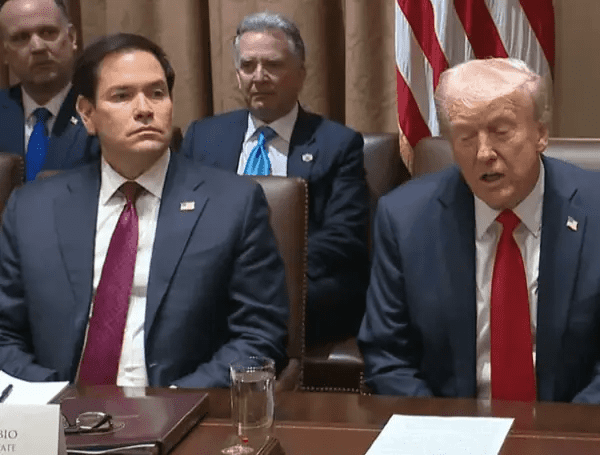
For now, the carbon tax proposal remains stalled. The IMO will revisit the measure in late 2026, but the U.S. delegation has made clear that it intends to oppose any version of the plan that burdens American industry or consumers. The administration’s position aligns with a growing bloc of nations skeptical of what they see as overreach by global institutions attempting to dictate national economic policies under the banner of climate action.
Friday’s vote not only delayed the world’s first maritime carbon fee — it also reaffirmed America’s renewed diplomatic strength under Trump’s leadership. Supporters say it’s a turning point, proving that bold negotiation and unapologetic nationalism can still move global institutions. As Secretary Rubio put it, “The United States leads when it stands firm, not when it kneels.”IMO
